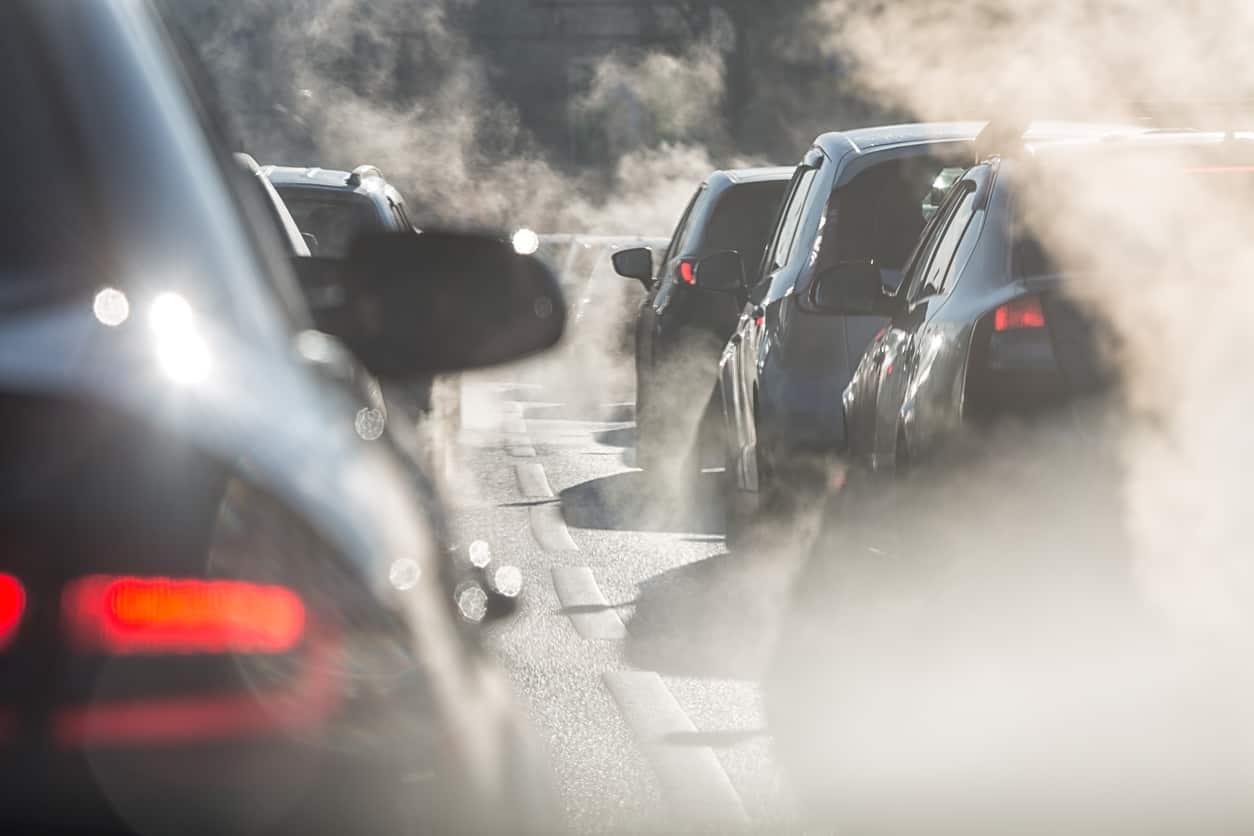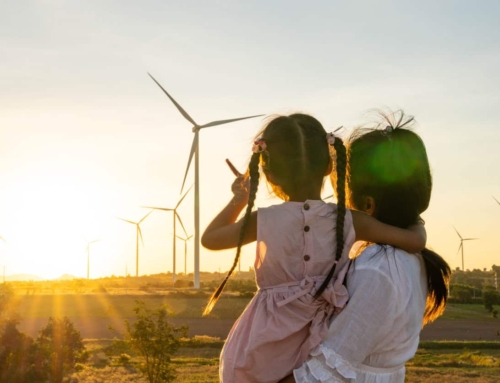I read eclectically, occasionally deeply, but most often just skim headlines to see what interests me. It seems to me that 95% of the message of an article is often hidden in the title. The message is different than the title. That’s a problem because we don’t have the time or the proper filters to evaluate the meaning of the titles. We absorb them subliminally and they act like frames on our brains.
This is especially true in the fossil fuel war on renewables and electric vehicles, both of which threaten their bottom line, and on which they spend billions of dollars creating doubt and trying to delay a clean energy transition.
Most of these articles are titled with some sort of click bait. (I confess, that sometimes I wish I was better at click bait.) Here are a few of my favorite recent EV titles.
- Have we reached peak Tesla?
- Is battery swapping the solution to EV charging woes?
- Electric cars are weirdly skeumorphic
- Electric cars have a woman problem
- Why aren’t EVs staying in the US fleet as long as gasoline models?
- The dirt on clean electric cars – (Bloomberg)
- Electric cars are not sustainable
- Electric car’s green image blackens beneath the bonnet (UK Financial Times)
- Is California’s electric grid ready for EVs?
- Are electric cars the future?
Holy crap. The message I take away from this onslaught is that there is something wrong with electric cars and perhaps I better wait before purchasing one.
“Peak Tesla” erodes social proof, implying perhaps that people aren’t or won’t be buying Teslas anymore. “Battery swapping,” means there’s a charging problem that hasn’t been solved. Who the heck knows what skeumorphic means? It sounds like a disease. Almost all of these articles have a grain of truth, some valid points, or identify things on which the industry needs to work. In this aspect, they wrap themselves in a blanket of concern and respectability. But the overall message is… electric cars aren’t ready for prime time.
I haven’t been evaluated by a psychologist for paranoiac tendencies, but I don’t necessarily believe the football players in the center of the field are talking about me. Yet I’ve lost my trust of large corporations, especially big oil and coal, and the doubt they sow. They usually attack by setting the narrative and then inflicting a thousand cuts to delay the clean energy transition.
The hardest thing to refute is something with a partial truth in it. Intentionally incomplete information is misinformation. The fossil fuel think tanks and their PR firms know this, and they are really good at using it to drive their message. They want us to feel bad about the child labor in the Congo used to mine cobalt without mentioning every battery manufacturer is reducing or will eliminate cobalt. We should feel bad. But they, and their acolytes don’t get to use our values against us and say what is morally right when the products they push are destroying the climate and risking the lives of our families.
What can we do about these misleading titles and subtle misinformation?
First, the old rule of communications is… read critically and perhaps skeptically. Awareness of framing and bias is the first defense and a form of inoculation.
Second, look at the source. Ask if they have an agenda? I’ve cited a few news outlets above because they continually support fossil fuels while denying global warming.
Third, hold news, broadcast, and even social media accountable. Call them and let them know. Many news outlets merely source their news from others. Guess where some of it originates? Asking for fairness or impartiality is one way to do this, but be careful about the following way.
Fourth, try not to refute their arguments directly even when they are wrong or misleading. (I’ve done this above for the point of education.) Often the purpose of click bait and articles like those above is to get us to open or respond. When we respond we elevate their narrative. When I refute by saying, “Electric cars are not fire hazards,” I am correct. Gasoline vehicles catch fire at a rate about 100X that of EVs according to the NSB. But all I am doing is elevating the idea that they might catch fire. Remember, you feed what you fight. Better to say, “Electric cars are safer than gasoline cars.”
Fifth, always pivot to your narrative and vision.
I have a neighbor who drives a Tesla. He gets over 250 miles on a charge. It’s quiet, powerful and fun to drive. It reduces the risk of asthma in our neighborhood kids because it doesn’t pollute. He has solar panels on his garage and is fond of saying that he is driving on sunshine.
We don’t all need another car. We need better ways to move around like clean energy driven mass transit. Not all of us can have solar panels. But we will create a successful transition to clean energy.
The thing I worry about is the 6 million barrels of crude oil being refined in Texas every day of every year that are burned and exhausted into our atmosphere by gasoline fueled cars causing global warming. Just last week, 11 people lost their lives in Texas due to the heat. Heat is the leading cause of weather related deaths in the US. The forecast for Houston today is 101° F down from 112° F heat index.
We deserve a safe, livable future for ourselves, our families and our communities. It begins with understanding how we’re being flimflammed.
Thanks for all you do.
We are all connected. Savor the Earth!’™
Hobie,
L. Hobart Stocking
SkyWaterEarth.com
hobart@skywaterearth.com
651-357-0110
Facebook: @SkyWaterEarthConnected
Twitter: @SkyWaterEarth








Leave A Comment